To help Aboriginal and Torres Strait Islander corporations understand what Data Sovereignty means and why it matters...
Aṟa Irititja project

The Aṟa Irititja digital initiative was developed by the Ngaanyatjarra, Pitjantjatjara and Yankunytjatjara peoples (Aṉangu) of Central Australia. Aṟa Irititja means ‘stories from a long time ago’ in the language of Aṉangu. It is an example of Aboriginal peoples’ contemporary flexibility in working cultural rules into digital domains.3 ‘About Aṟa Irititja’, accessed 2023, [link] Since 2020, the Aṟa Irititja Project has come under the umbrella of Aṉangu Pitjantjatjara Yankunytjatjara (APY) and its Executive Board guides the project.
Working alongside local teachers, researchers and IT experts, Aṉangu have created a digital archive that, in 2023, contains over 300,000 repatriated and locally produced materials about their histories and contemporary lives. Aṉangu spokeswoman Sally Scales explains:
“Aṟa Irititja means our history or stories from a long time ago and in the mid-nineties our senior leaders told Pitjantjatjara Council to start a project to retrieve images and materials that missionaries, school teachers, anthropologists, scientists, doctors and government had collected over time and were keeping in cultural institutions like AIATSIS, several museums and their own private albums. Our old people said that they wanted this information back and to teach the young people … and to keep our culture strong… We’ve got items dated as early as 1884 all the way up to 2009 … There are films, sound recording, photos, documents, art works, objects and a map. And there’s more than 75,000 items in Aṟa Irititja … [It is used] to connect to family and culture, for teaching, learning and … for entertainment”– Scales cited in Ormond-Parker et al. 2013, vii
The project is community-based and was developed at the request of Aṉangu communities. Aṉangu have retained control and ownership over the archive. It is a private cultural, social and historical record for Aṉangu communities and is not open to the general public. Aṉangu also own the cultural intellectual property. In these ways, Aṉangu have been able to develop and use this digital technology in a way that is seen as being culturally legitimate.
The archive also uses Pitjantjatjara, Ngaanytjarra and Yankunytjatjara languages to record oral histories:
“The recording of oral histories in Pitjantjatjara, Ngaanytjarra and Yankunytjatjara languages is an integral part of the archives ongoing work. The Aṟa Irititja system needed to be flexible enough to ensure that each of the relevant local Indigenous languages could feature not only in the database title name but throughout the interface, such as in culturally designed graphics for on-screen icons or buttons”– KC Website; Scales et al. 2013, 160
The way the digital archive is governed aligns with and draws from the law of Aṉangu land. This makes it culturally legitimate in the eyes of Aṉangu communities.4Diane Smith, That computer is clever like a dingo: principles and practice for Indigenous digital governance and digital sovereignty (Canberra: Centre for Aboriginal Economic Policy Research, ANU College of Arts and Social Sciences, 2022).

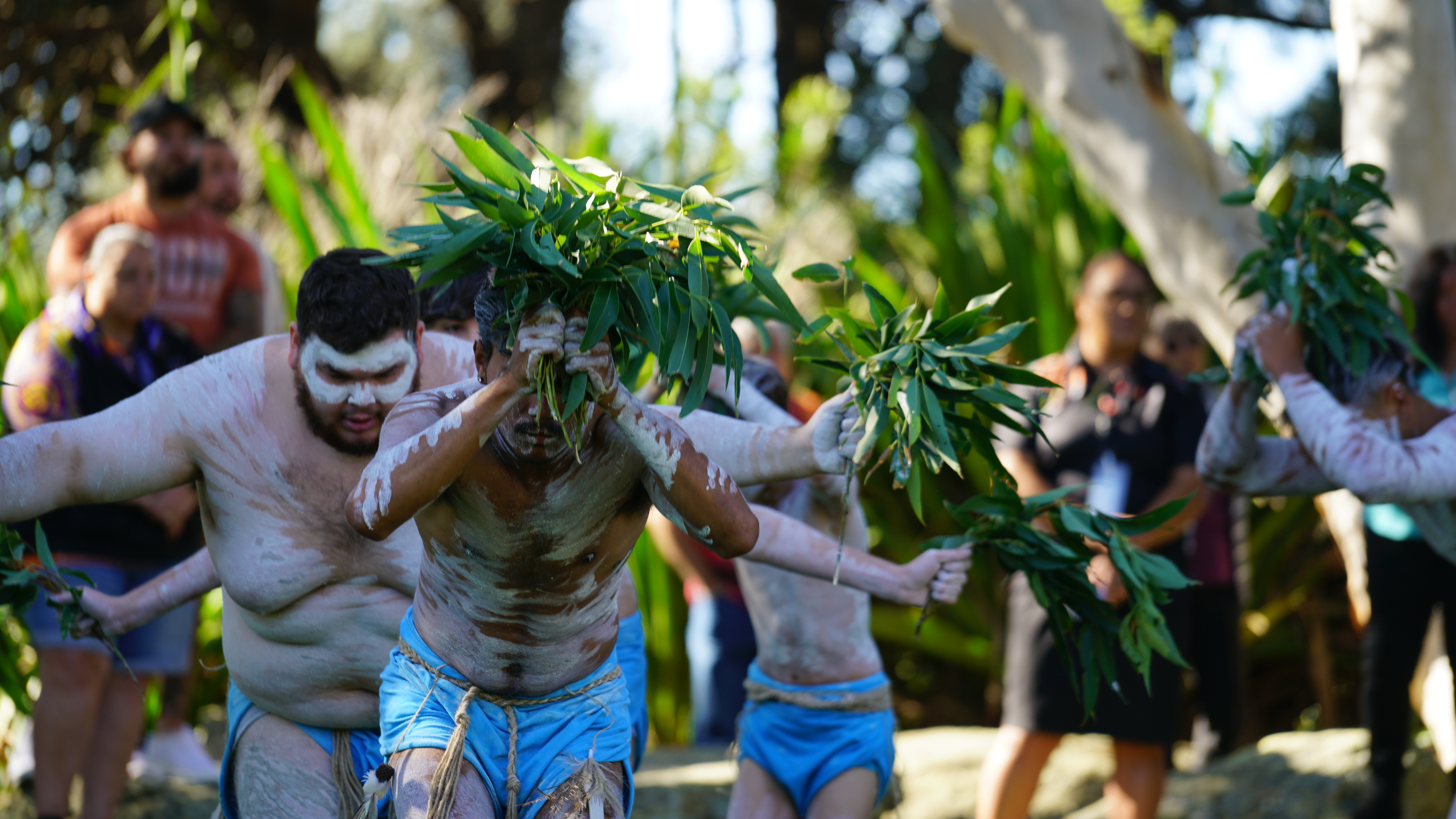
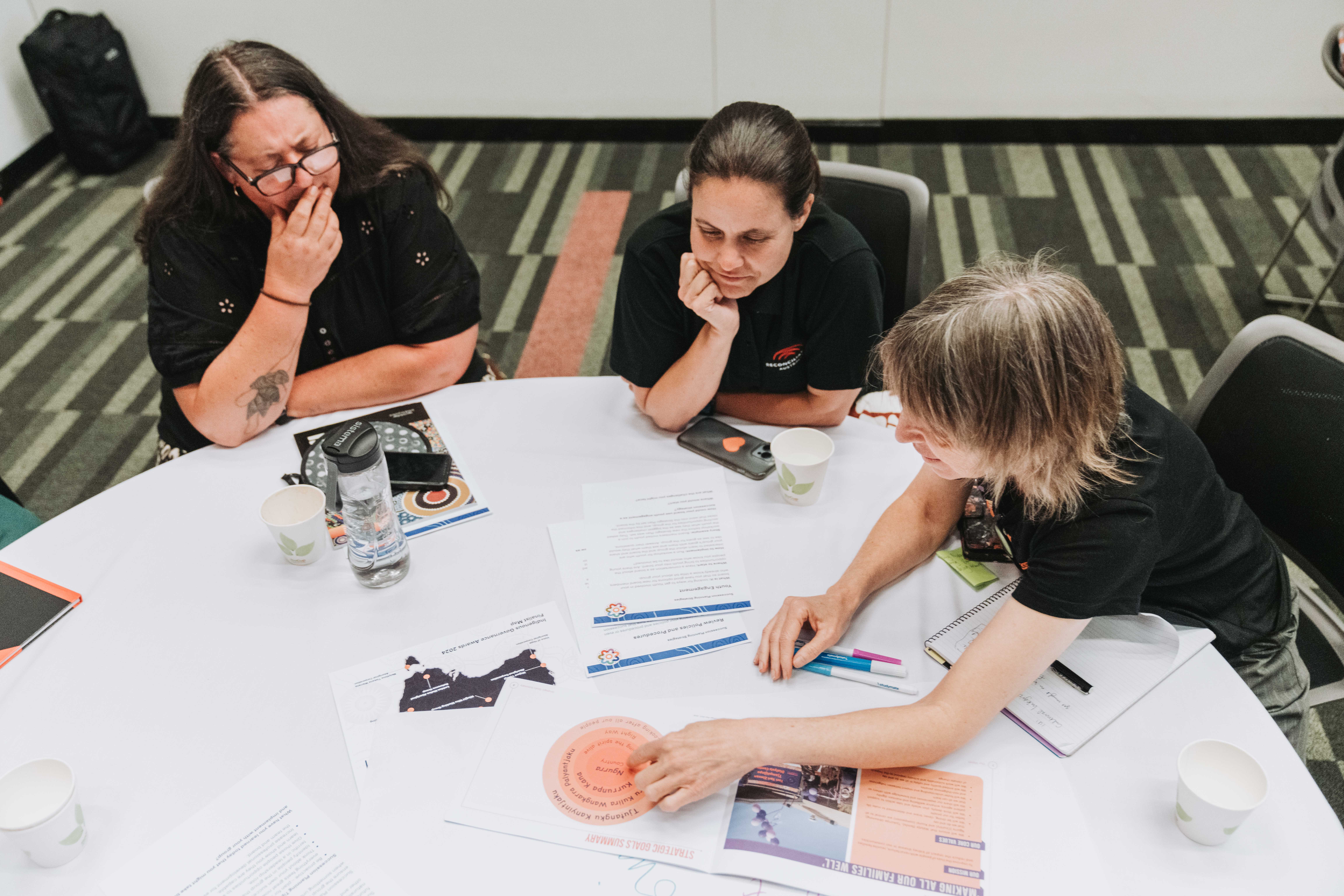
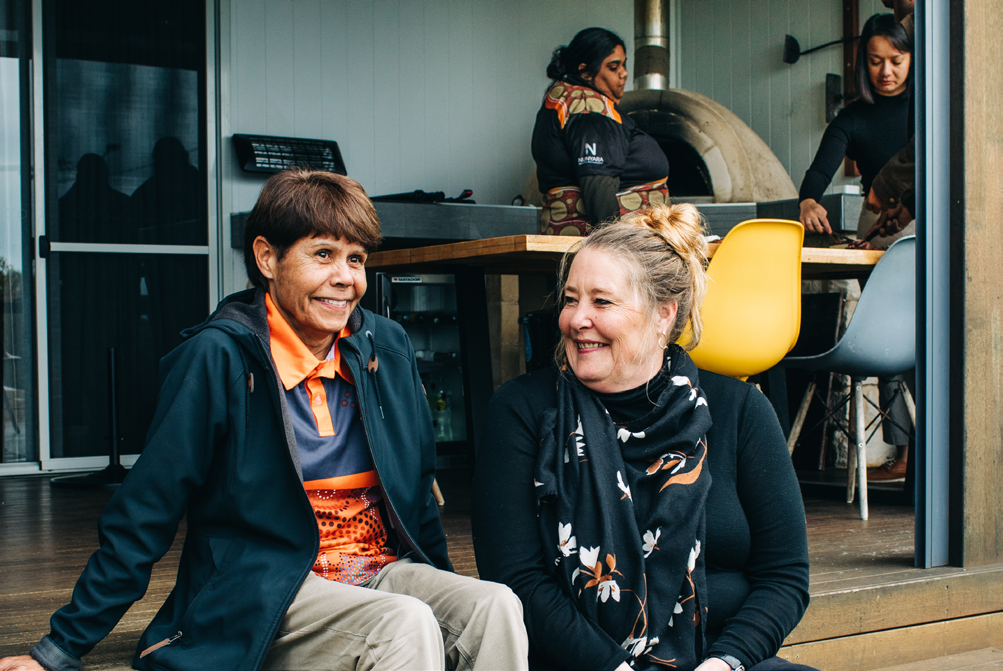

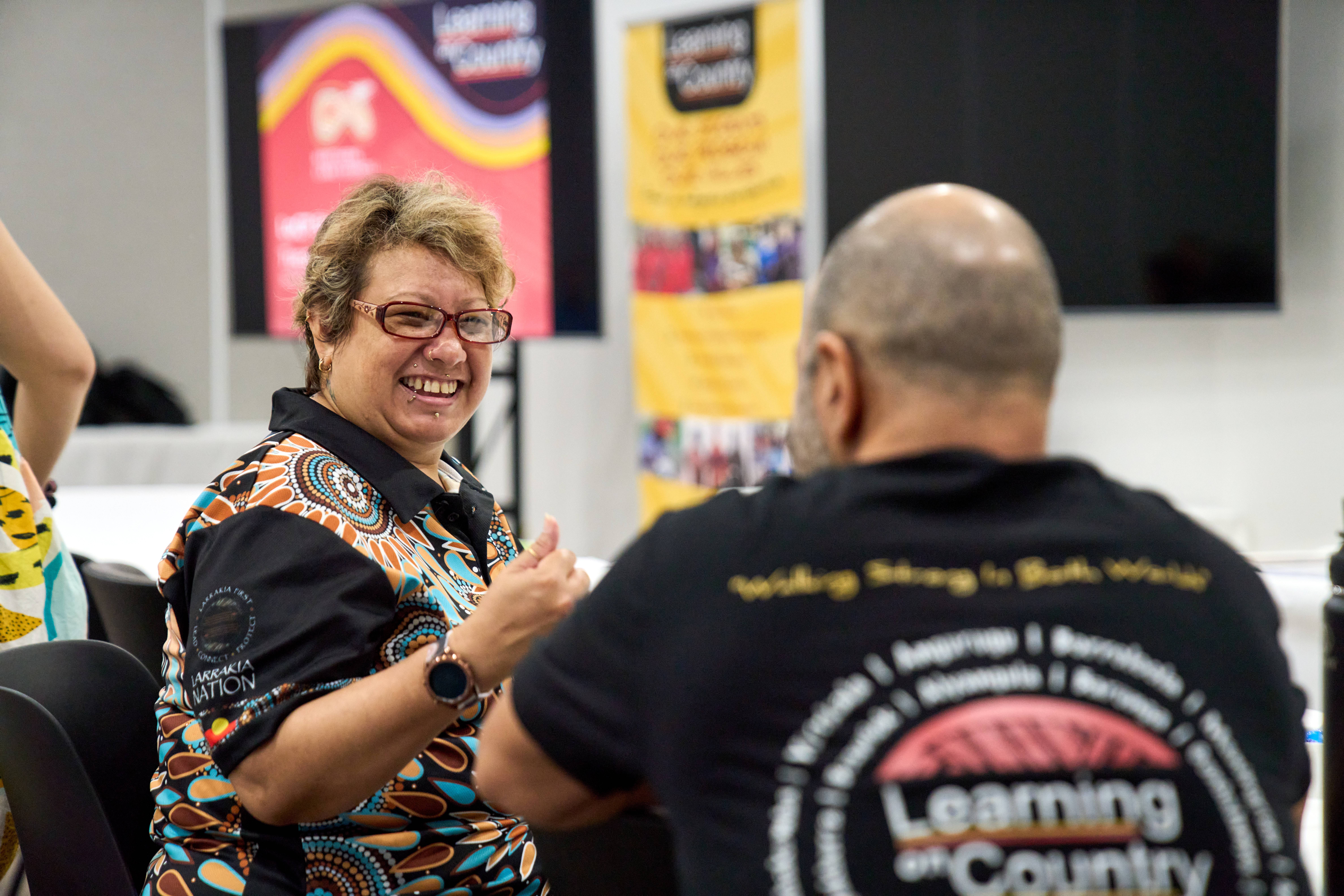
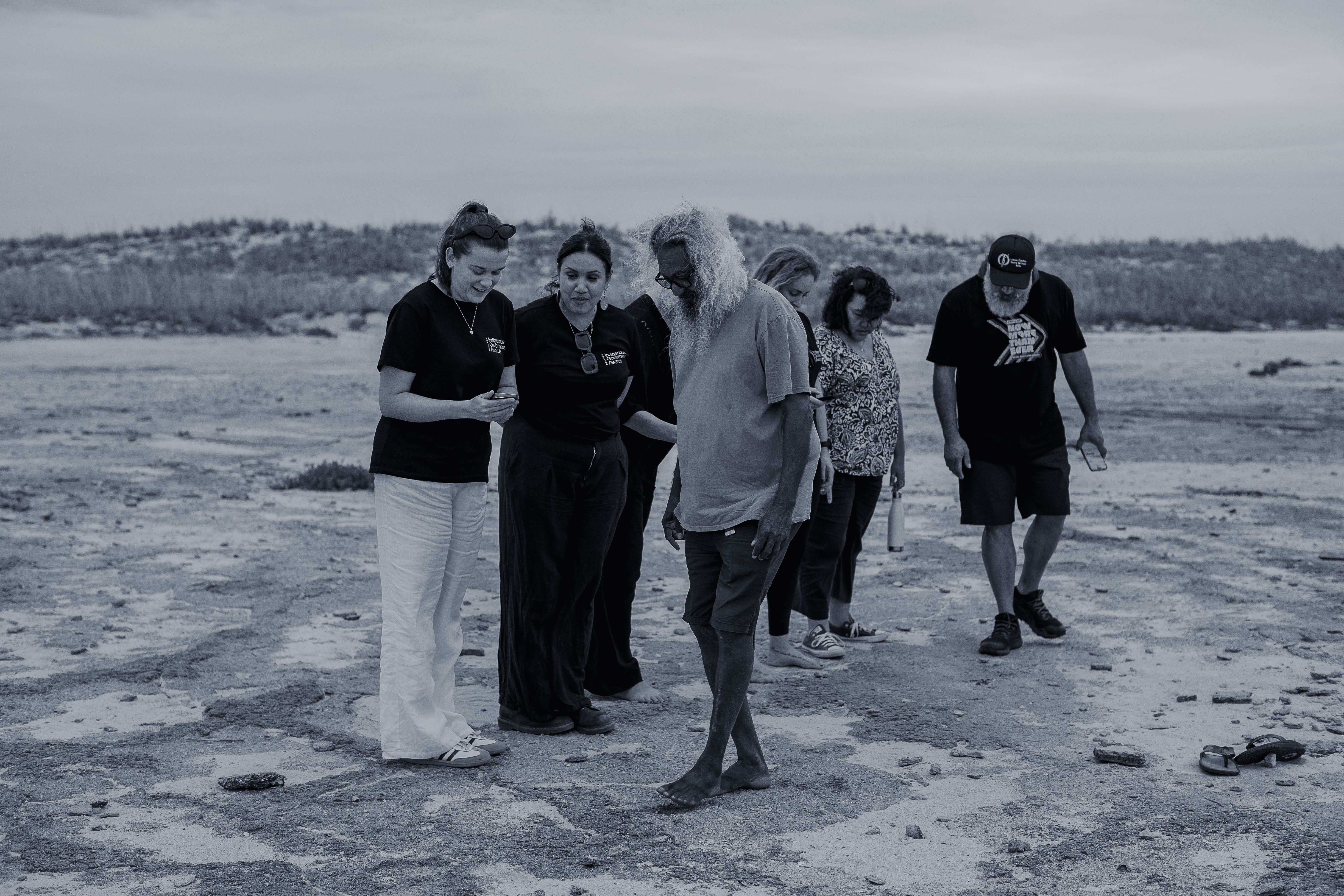
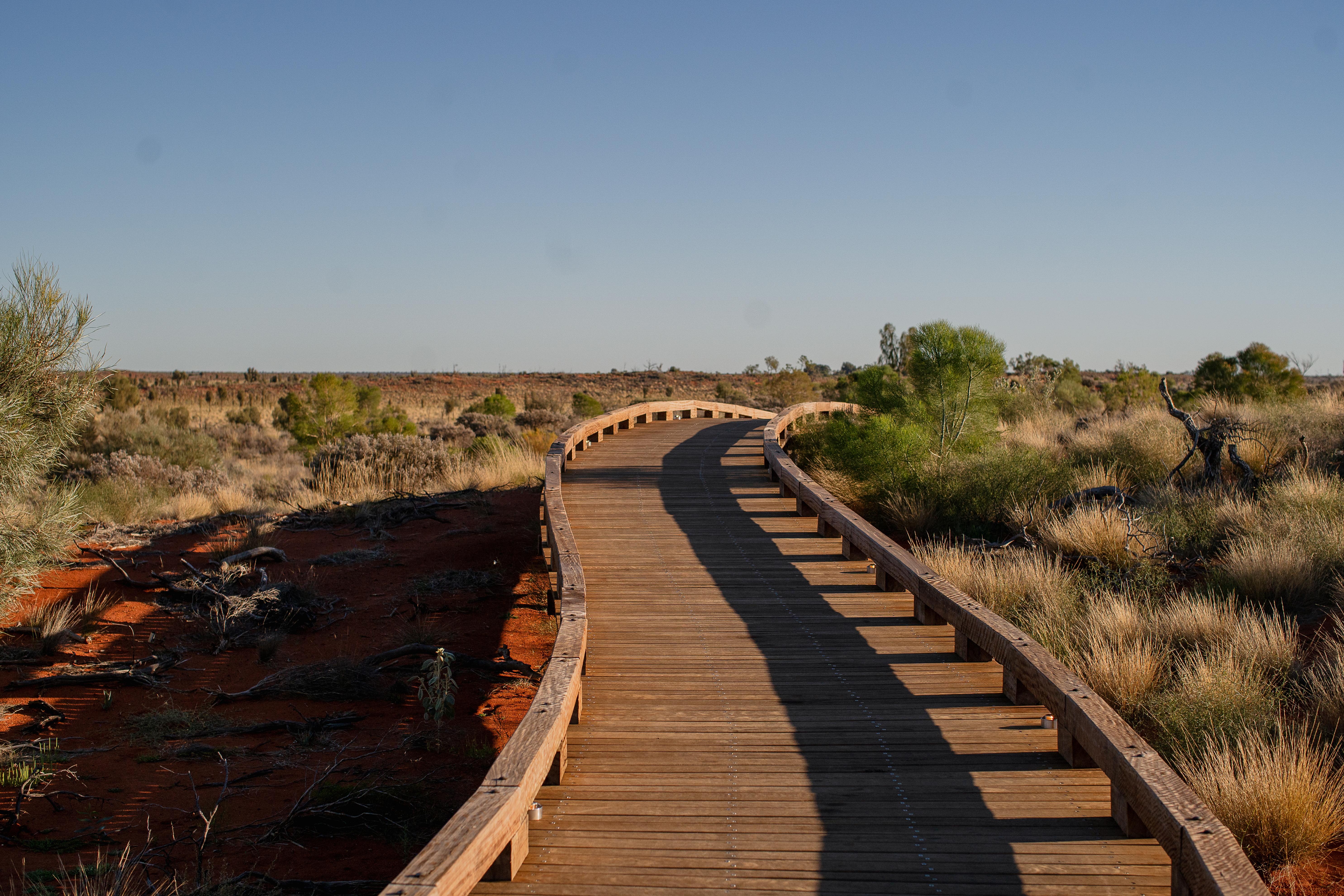
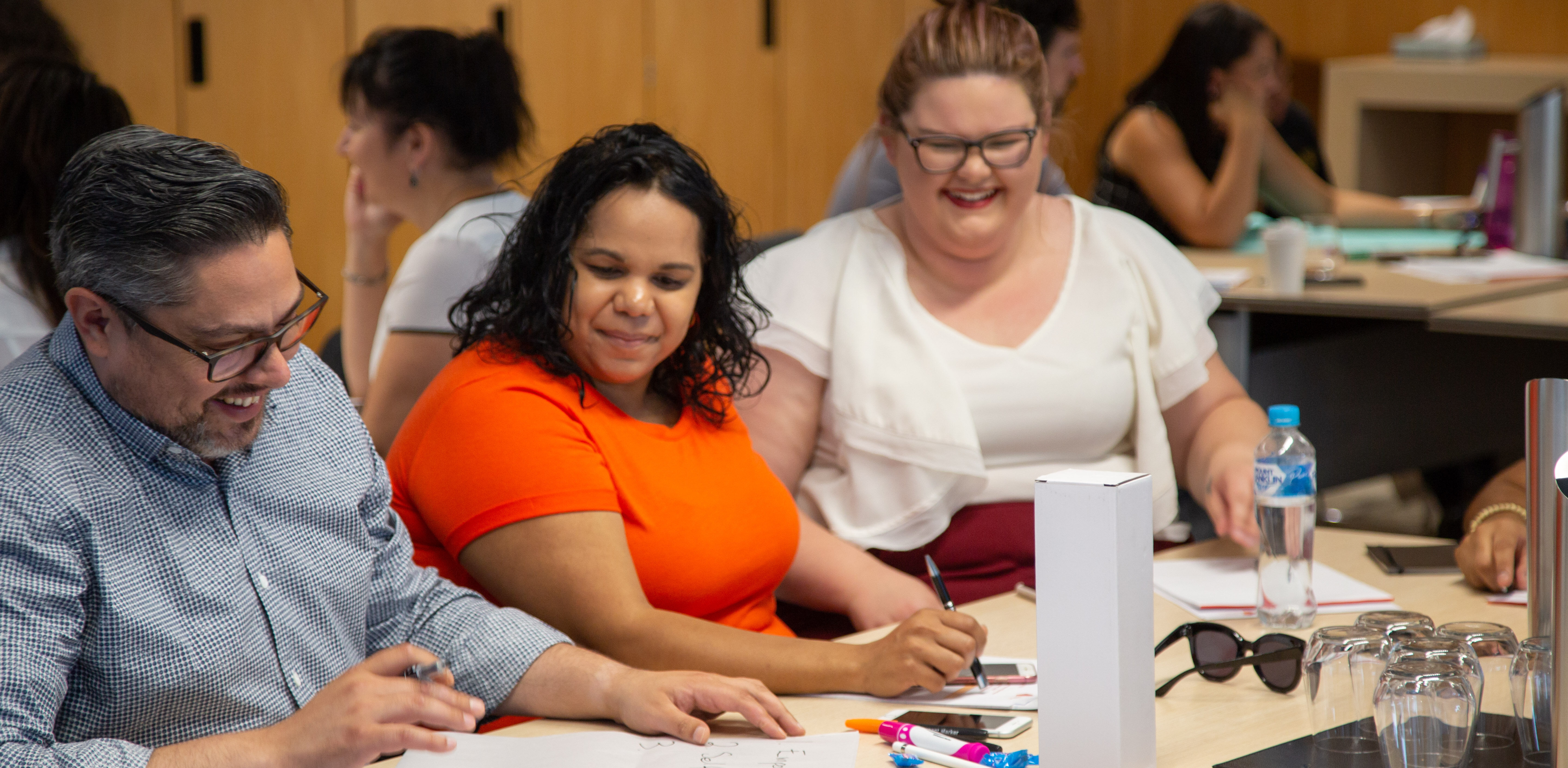
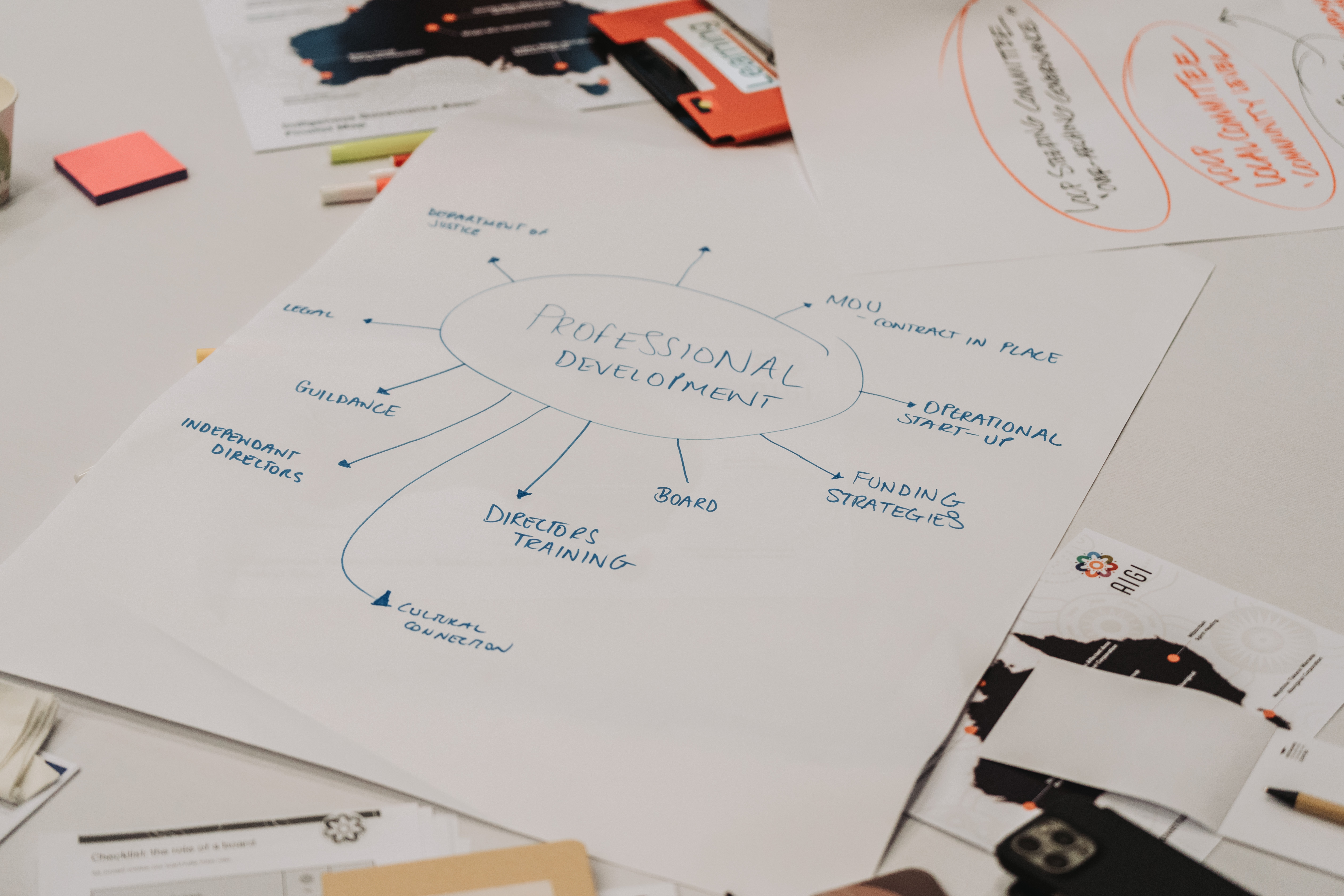
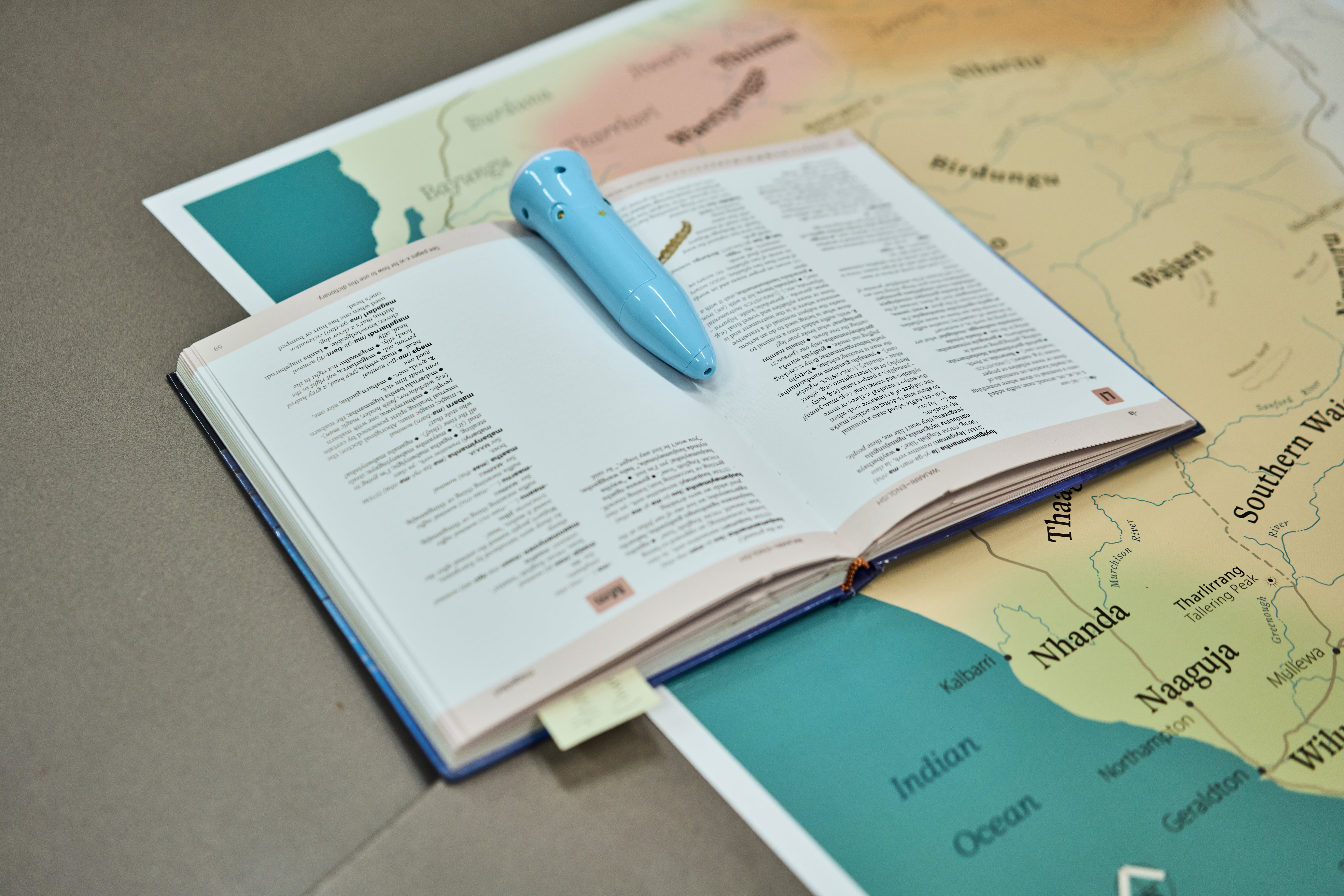

.png)

